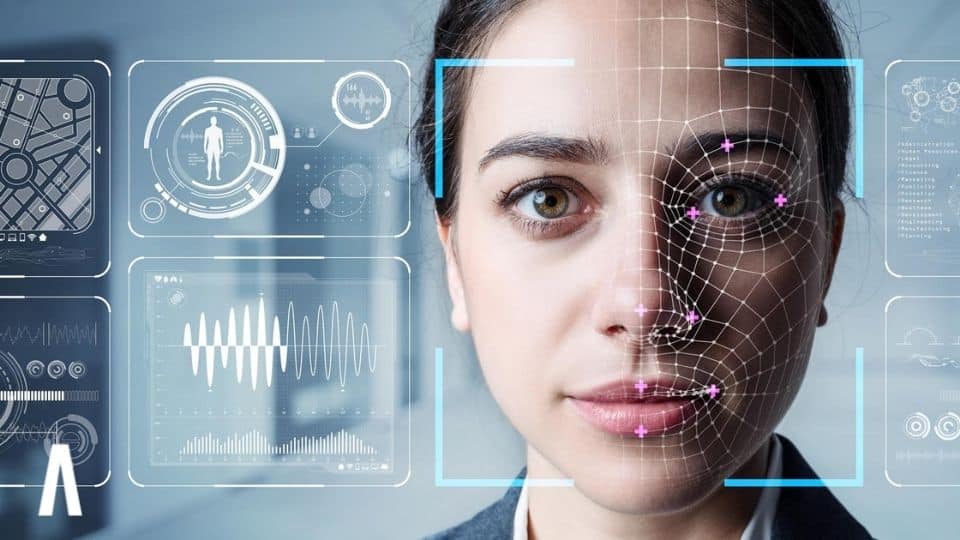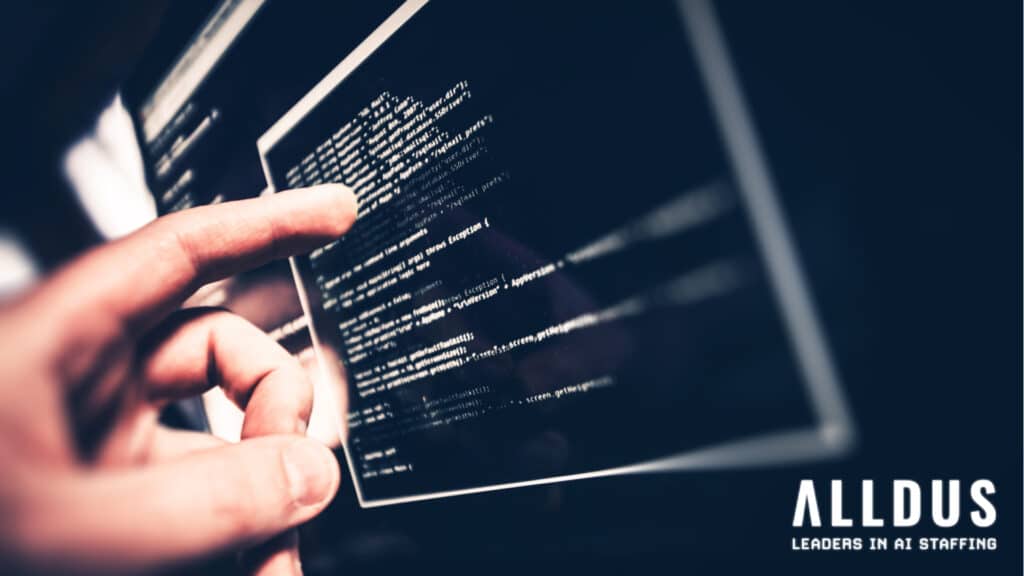Four Applications Of Deep Learning In The World Today
Blog | June 27 2019 | Alldus Recruitment
Technology is moving fast. Smart home technology has given us our very own digital personal assistant while healthcare is in the middle of an AI revolution that is completely transforming the industry.
Deep Learning, has not yet earned the title of ‘science fiction come to life.’ However, It’s had some influence on our world, particularly to those who are hearing or visually impaired.
Here are four applications of deep learning in your life today…
1. Google Translate
Google has enabled its Google Translate app to translate words, documents and others in real time, an ability invaluable to students, travellers, researchers and others.
Instead of simply telling the Google Translate App the “rules of language” of a particular language, deep learning enables the app to scan through thousands of articles, documents and websites.
It teaches the app to “learn” the language for itself and to produce a more accurate and understandable translation for the everyday user to understand.
2. Deep Learning app helps people see the world.
Seeing AI, an app developed by Microsoft AI & Research has the answers. It essentially narrates the world for blind and low-vision users, allowing them to use their smartphones to identify everything from an object or a colour to a dollar bill or a document.
Since the app’s launch last year, it’s been downloaded 150,000 times and used in 5 million tasks, some of which were completed on behalf of one of the world’s most famous blind people.
3. Youtube
At first, everything on the internet was written, and it was great. However, that is obviously no longer the case, it is very important now that the internet is accessible to as wide a range of audiences as possible.
Deep learning has enabled YouTube to use the same Google Now algorithms to support Speech Recognition software and generate real-time Captions for its videos. This feature is inherently life-changing for those with hearing disabilities.
Aside from those with hearing difficulties, there are also audience members who simply cannot use audio at the time or would prefer to read lectures/videos that could take advantage of this technology.
4. Deep Learning algorithm transforming eye disease diagnosis.
Like its sister technologies, deep learning has also left its mark in healthcare. An algorithm developed by DeepMind can assess eye scans far faster – and as accurately – as some leading experts.
The DeepMind algorithm is trained to spot indicators of eye disease and recommend how patients should be referred for care. The technology allows experts to prioritise patients with the most serious eye diseases, before irreversible damage sets in.
Alan Karthikesalingam, a senior clinician-scientist at DeepMind’s health division predicts that early results for the system show a correct referral rate of 94 per cent for over 50 eye disorders, putting it on the same level as people with 20-plus years of experience in the field.
share
related articles
Women in AI: Bridging the Gap
Despite huge advancements in AI research, the field still lags in another key area of societal progress, gender equality. With women accounting for just 22% of professionals in the field, we examine the steps needed to address this inequality and how it would also benefit the technologies themselves
Why SQL is the base knowledge for data science
As a programming language, It's a simple skill to learn, but a very valuable one. A walk in the park compared to Python or R.
Why NLP is the future of E-Commerce
There are great benefits to using NLP in eCommerce. The world of business would be greatly benefited from in-depth insights that are controlled by AI. It will help in increasing customer satisfaction rates, improve the revenue curve & ultimately transform the future of business operations.




